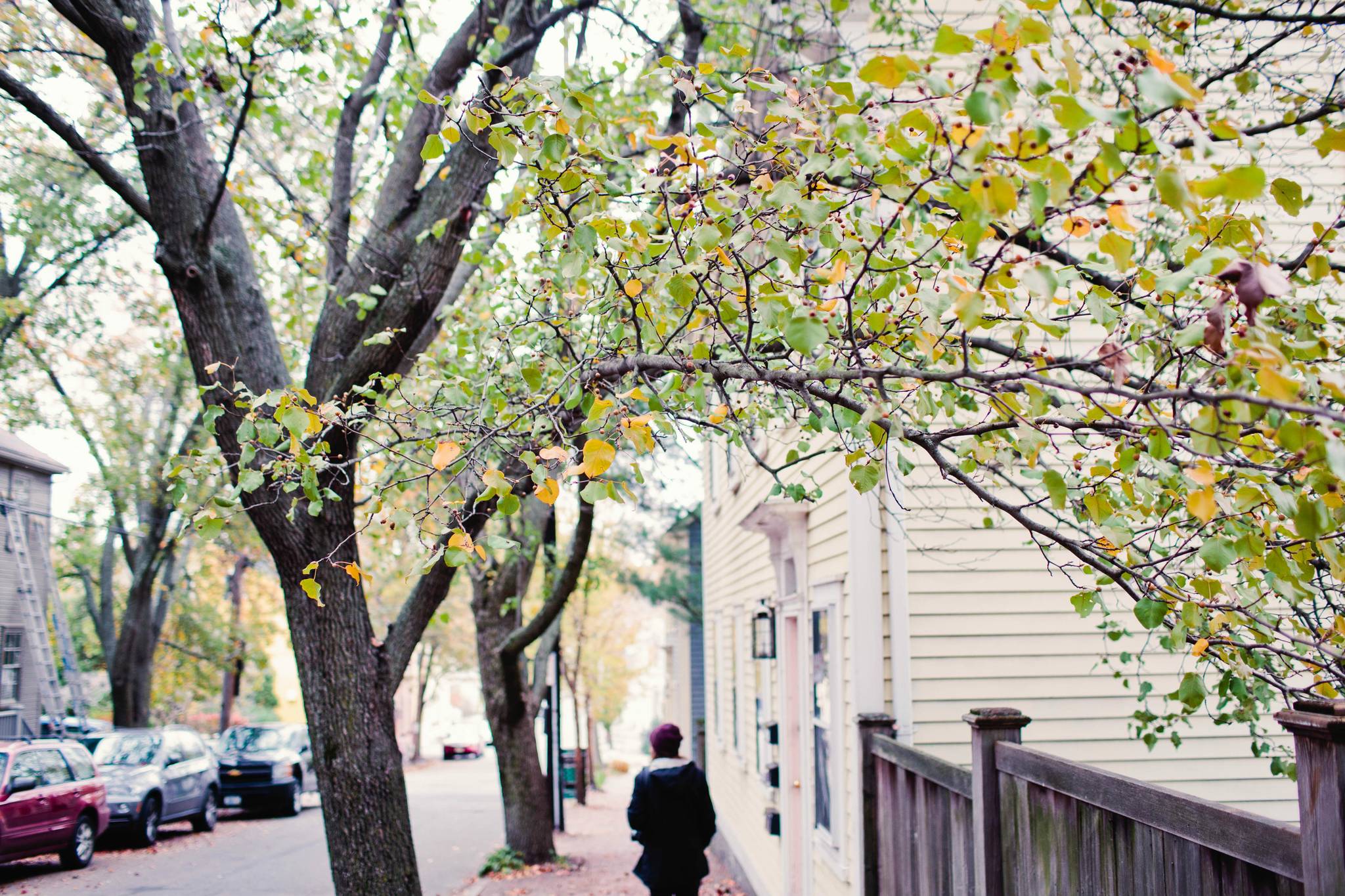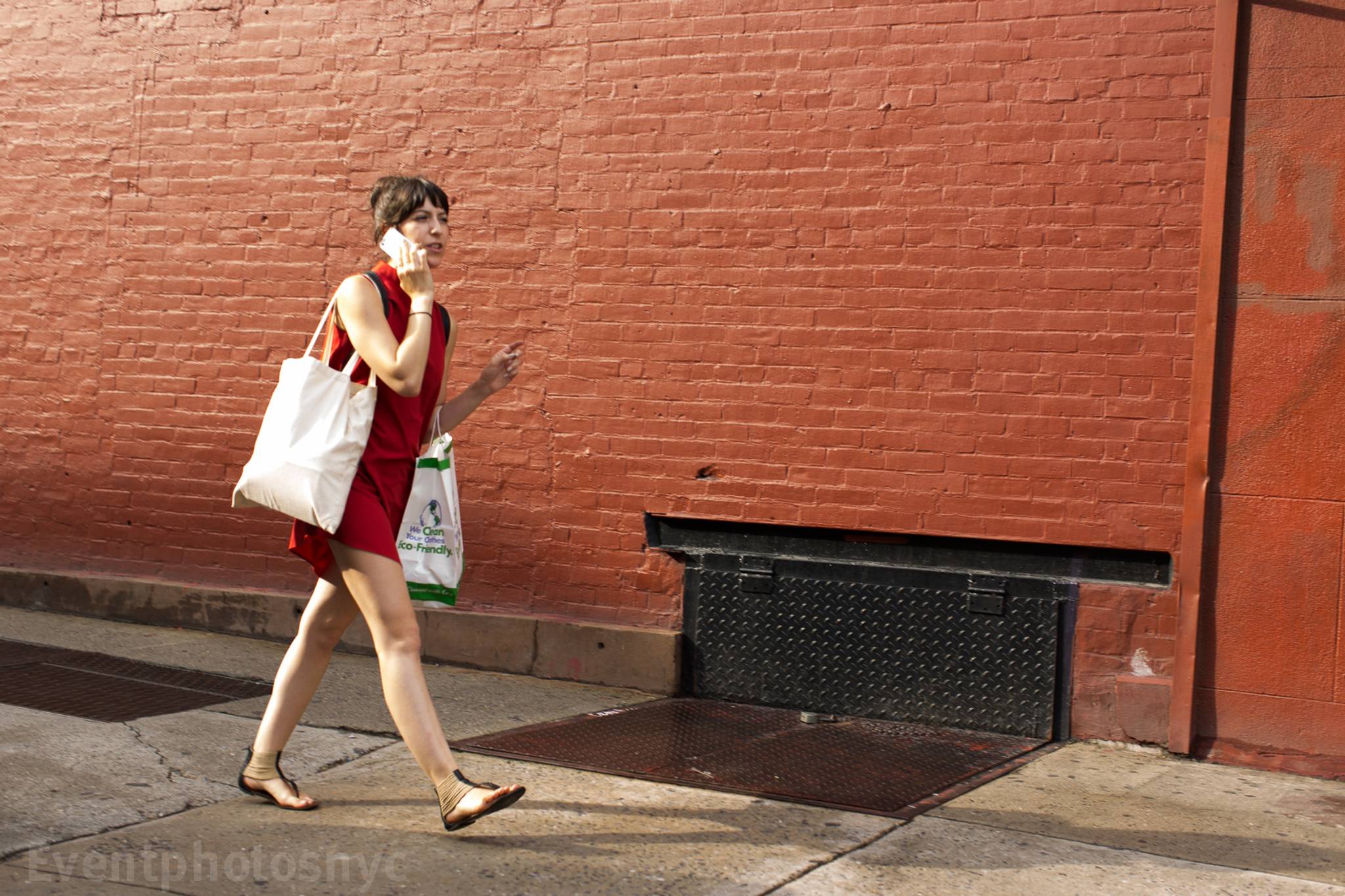
Popularised in the ‘60s, van-dwelling has seen a resurgence of late. With home-ownership a distant reality for many young Americans, and rental costs on the rise, young people are forgoing unrealistic property goals and taking to the road instead. We explore the insights behind why some Gen Yers are embracing the alternative, excess-free lifestyle of van-dwelling.
“I was tired of wasting money on rent for an apartment that I was never using because I worked so much,” 29-year-old van-dweller Patrick Schmidt told ABC News. “It didn't feel natural to spend my free time in my car, to and from work, and feeling too tired on my days off to do anything. There had to be something better, there had to be more. Tiny Living, I thought, might be the answer.” This weariness with the nine-to-five was shared by American couple Chris Trenschel and Tamara Murray, who quit their successful corporate jobs after feeling ‘dead inside’. “Travel, learning about new cultures and meeting new people, having meaningful experiences – that's what is important to us,” explained Murray.

Part of the appeal of van-dwelling is in how the vehicles can be kitted out to their drivers’ preferences at a relatively low cost. Gen Yers are drawn to DIY projects, especially when it comes to their homes; 79% have decorated their house, 62% have renovated, and 58% have made repairs. Brands are also seeing potential in the growing van-dweller market, with BuddyBox making fiberglass household appliances and furniture that can be easily fitted into a van or mobile camper. Meanwhile, Volkswagen has revamped its iconic 1960 VW Westfalia, giving a modern twist to the vehicle that became symbolically associated with van life in the hippy era.
“There’s a definite shift to use your car as an extension of your personality, to make a statement about yourself,” says Lexus marketing chief Brian Bolain. As Gen Yers see their parents’ American Dream become all but unattainable for themselves, they’re chasing their own idea of happiness by emphasising experiences, uniqueness and personal fulfilment. Instead of obtaining satisfaction from material goods, they’re exploring the world – whether that’s by heading to the beaches of Thailand on a transcontinental airliner or by driving on Route 66 behind the wheel of a makeshift caravan.
William Bickford is a writer for Canvas8, which specialises in behavioural insights and consumer research. He is a graduate from the University of Copenhagen with a Master’s degree in Anthropology and People-Centred Business, and is interested in cultural food trends as well as organisational innovation and creativity.



